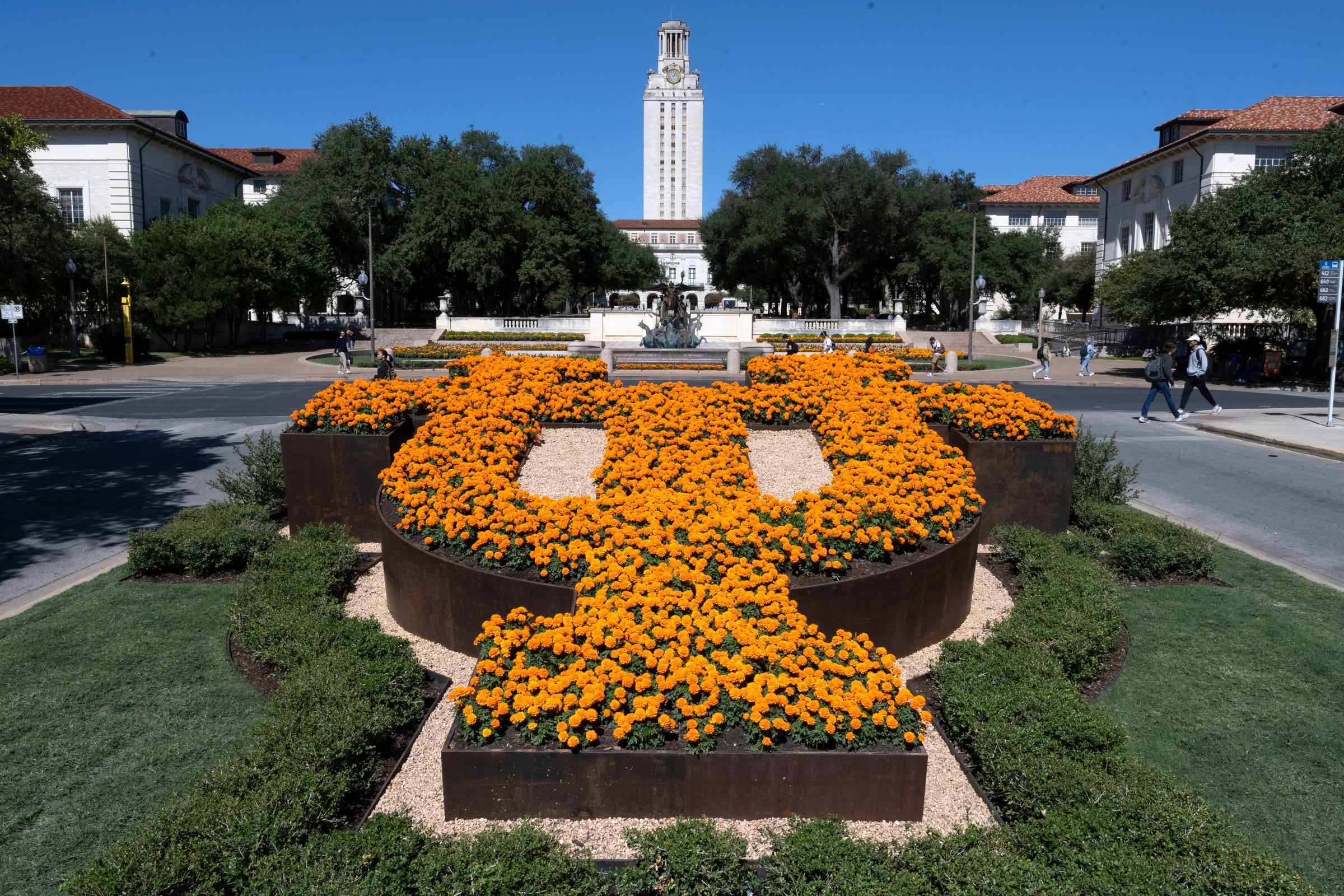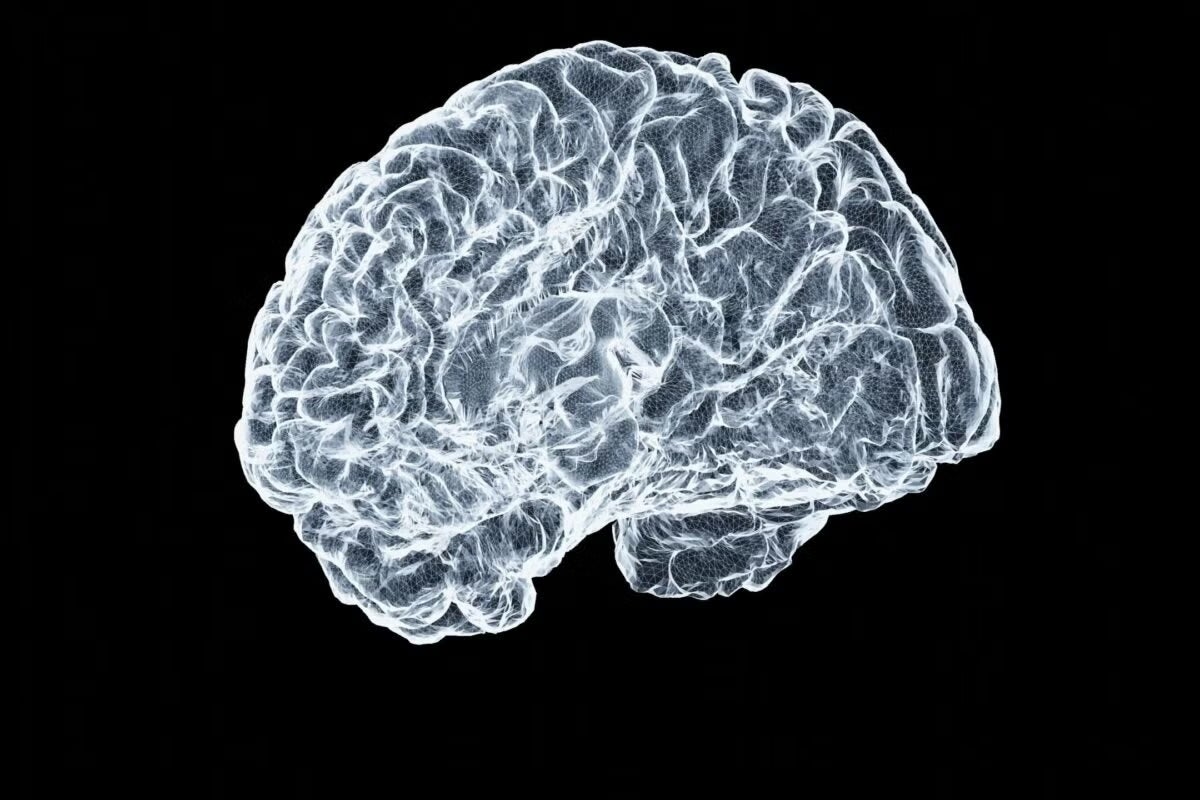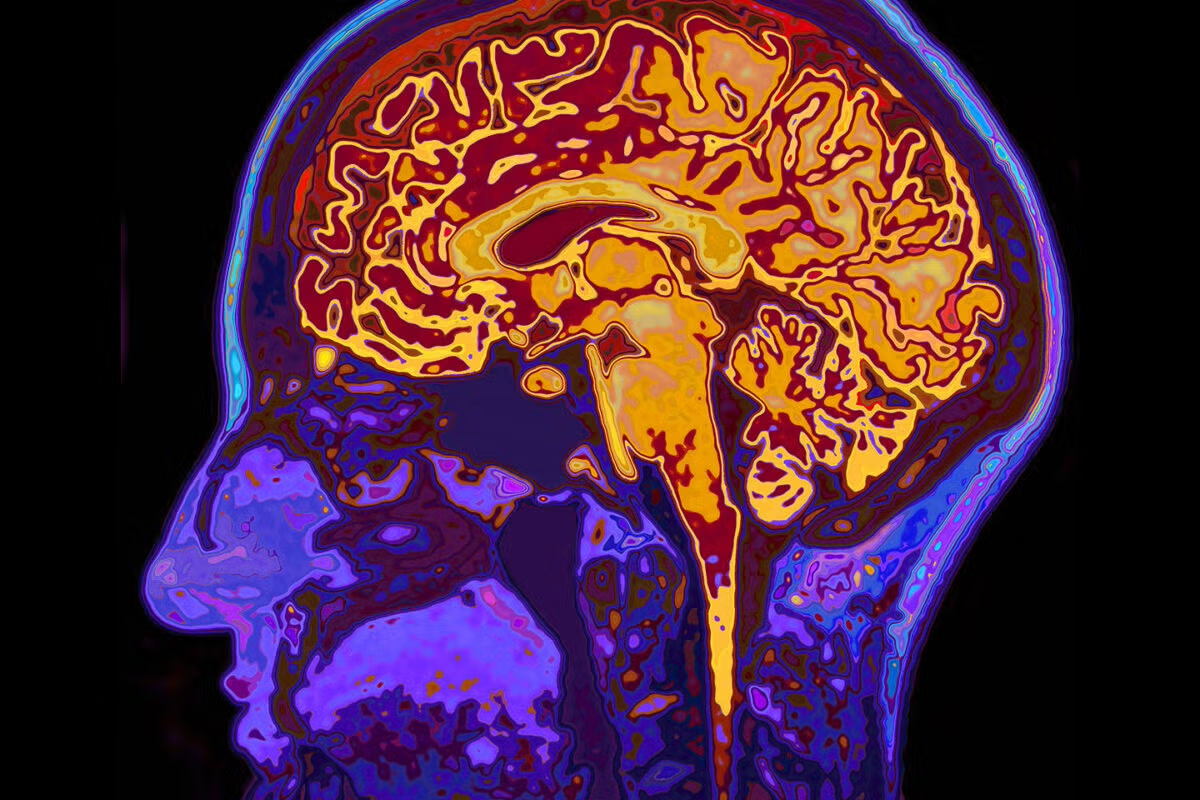News: Human Development and Family Sciences
Read the latest news from the College of Natural Sciences at The University of Texas at Austin
UT News
UT Center on Aging and Population Sciences Awarded 6-Year Grant Renewal to Accelerate Research, Expand Trainings
The University of Texas at Austin center is 1 of only 15 such centers on aging in the U.S.

UT News
Get To Know 5 UT Researchers Leading the Charge Against Dementia
University of Texas at Austin faculty are conducting innovative studies to better understand Alzheimer’s and related diseases.

Mental Health Intervention Reduces Severe Depression, Anxiety for Vulnerable Groups
The study highlights the importance of tailoring care to the needs of communities with service-access barriers.

UT News
Tackling Dementia From Every Angle
The next breakthroughs in the prevention, treatment or cure of Alzheimer’s and dementia lie with UT experts.

UT News
9 Ways UT Is Advancing Dementia Research
Researchers at UT Austin are working to change the future of Alzheimer’s and other forms of dementia.

Helping Others Shown To Slow Cognitive Decline
Regular volunteering or helping others outside the home can reduce the rate of cognitive aging by 15-20%.

Cross-Border University Collaboration Will Expand Research to Advance Precision Medicine
The OriGen Health Research Center will mine a massive biobank of genetic, clinical and epidemiological information to develop customized disease treatments.

Stephen Russell Elected to National Academy of Education
He is director of the School of Human Ecology and a professor of human development and family sciences at UT.

Elections are an Opportunity for Young People and for the People who Care about Them
As ballots are cast, what do younger voters — and their peers and champions — need? A scientist weighs in.

Transitioning to an Empty Nest? What to Know and How You Can Help Scientists Learn More
As children grow up and leave home to begin college or work, their parents face a transformation of their own.

